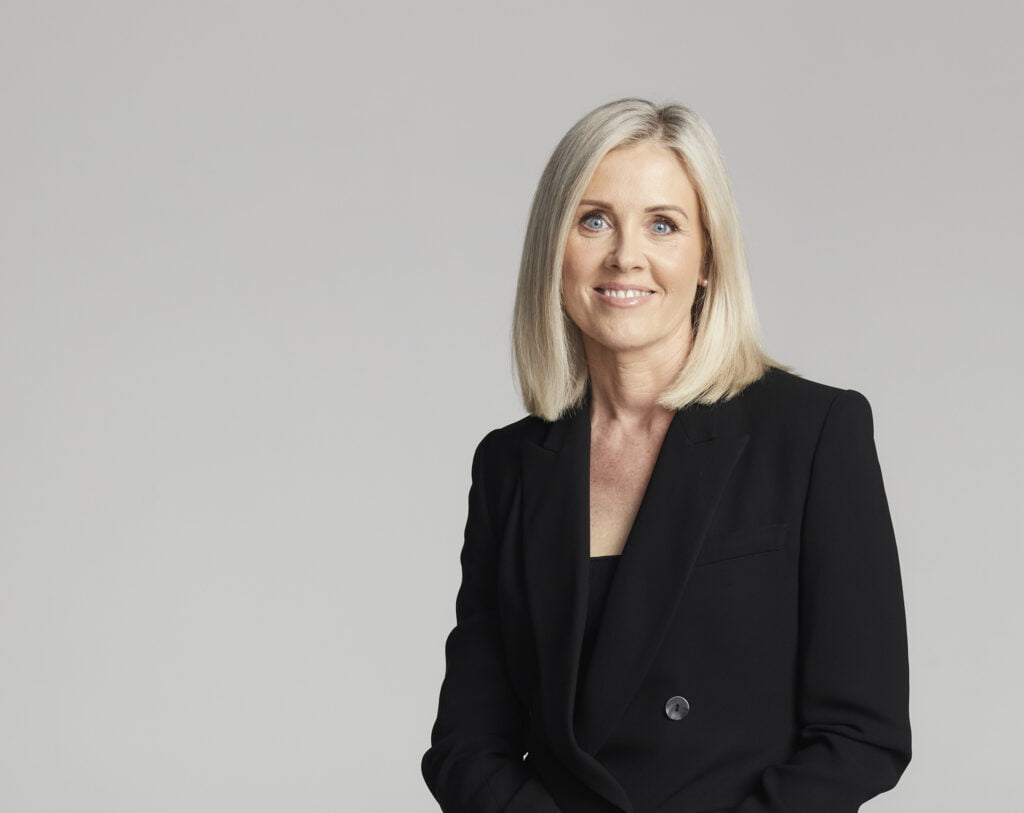"STRONGER TOGETHER" is a weekly column where Tanya explores key issues. This week Tanya discusses the growing national trend of school refusal, the factors contributing to this issue, and how a "wellbeing first" approach may just be the key to unlocking the potential of these young people.
By IMPACT Community Services Managing Director Tanya O'Shea

A concerning trend has emerged in Australia’s educational sphere: an increase in school refusal among young people. This phenomenon, distinct from truancy or school withdrawal, has seen a rise in primary and secondary school-aged children reluctant to attend classes, with parents and educators grappling to understand and address the issue.
The Education and Employment References Committee conducted an inquiry into this concerning national trend, revealing that school refusal is not merely a matter of absenteeism but a complex issue intertwined with psychological, familial, and societal factors. Unlike truancy, school refusal is characterised by the student’s overt reluctance to attend school, parental awareness and efforts to rectify the situation, and a notable absence of antisocial behaviour.
In Bundaberg, we are not immune. Conversations with school principals and guidance officers indicate that students are increasingly facing challenges that contribute to school refusal. Disabilities and mental health issues are significant contributors, exacerbated by the pressures of school transitions and societal expectations. The impact on students is profound, affecting their physical and mental health, social connections, educational outcomes, and future employment opportunities.
For families, the strain of school refusal can lead to financial hardship, health issues, and even familial discord. Schools and service providers, too, are feeling the pressure, with staff workloads and morale affected, and a growing demand for health support services that is difficult to meet.
At IMPACT, our team has been acutely aware of the factors fuelling this troubling trend for quite some time. Through our dedication to supporting the community, we've witnessed firsthand the ripple effects of school refusal. From engaging directly with students grappling with attendance challenges to collaborating closely with families and educators, we've gained invaluable insights into the complex interplay of psychological, familial, and societal factors. This frontline perspective has deepened our understanding and reinforced the urgency of implementing holistic solutions to address it effectively.
The establishment of alternative education settings, such as IMPACT Community Academy, addresses a critical gap in the educational landscape, as calls for more accessible alternative options grow louder. Recognising that one size does not fit all, these settings offer tailored support for students who may struggle in mainstream environments.
At the heart of the IMPACT Community Academy lies a deep understanding of the importance of embracing a "wellbeing first" approach, prioritising the holistic development of its students above all else. This approach acknowledges that students' mental, emotional, and social wellbeing are foundational to their academic success and overall life satisfaction.